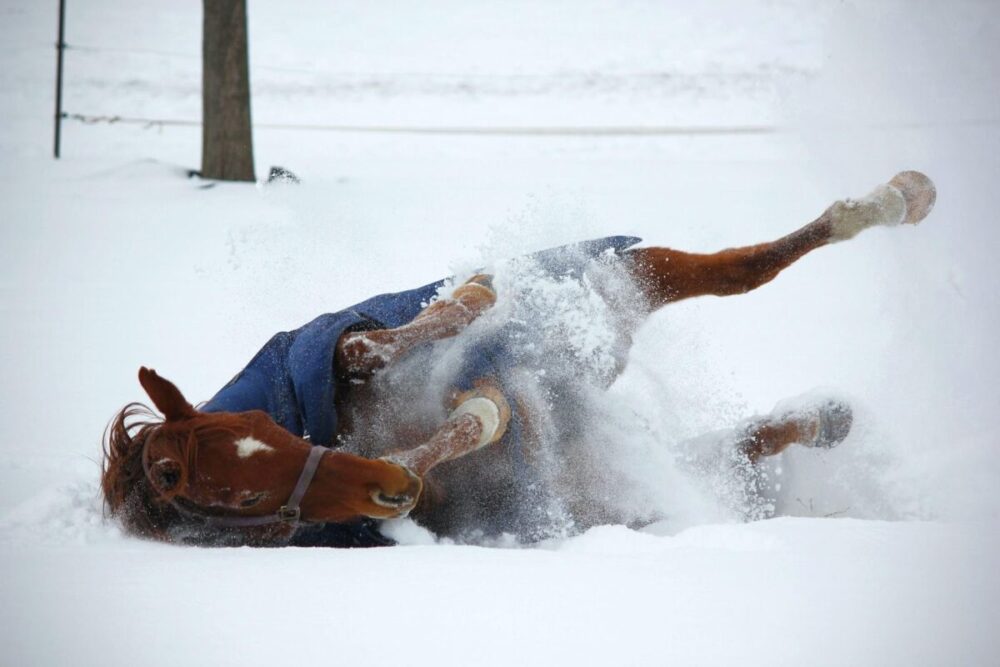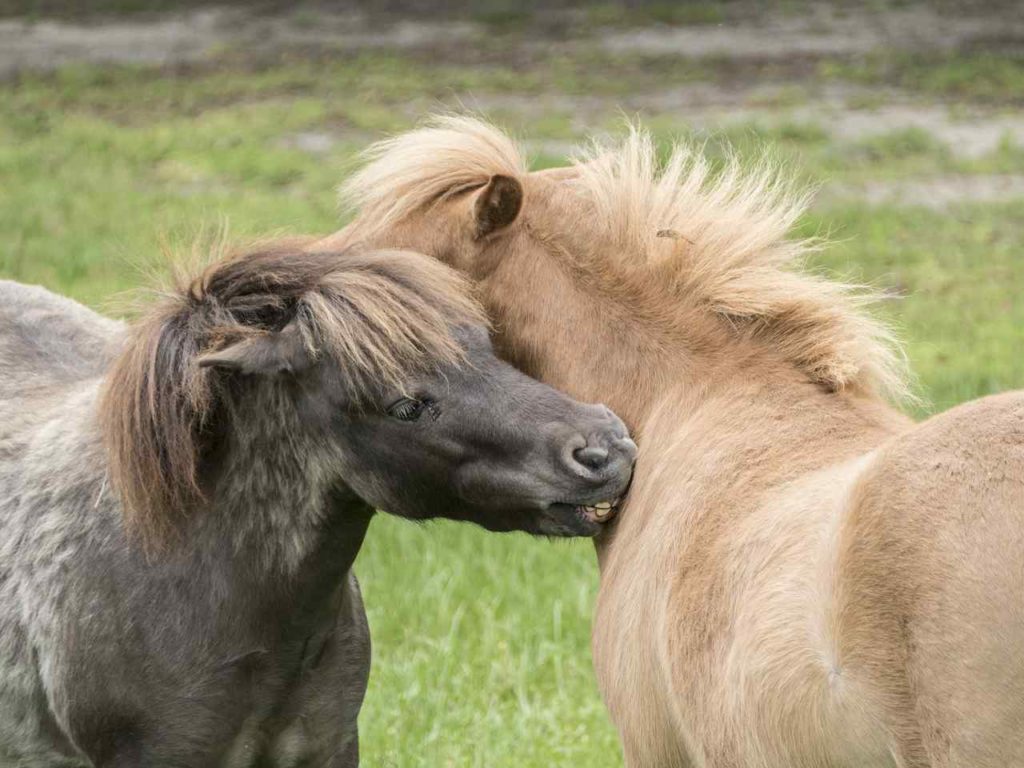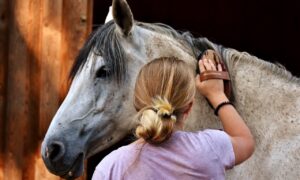Many farmers are dreaming about owning a horse. They crave getting not only a companion but a real friend too. However, when the cold weather sets, this bulky animal may become a real whim. And you definitely need to get ready for it. This article reveals the common issues that a novice horseman may face to help alleviate the troubles during severe frosts.
Tips for Keeping a Horse in Winter
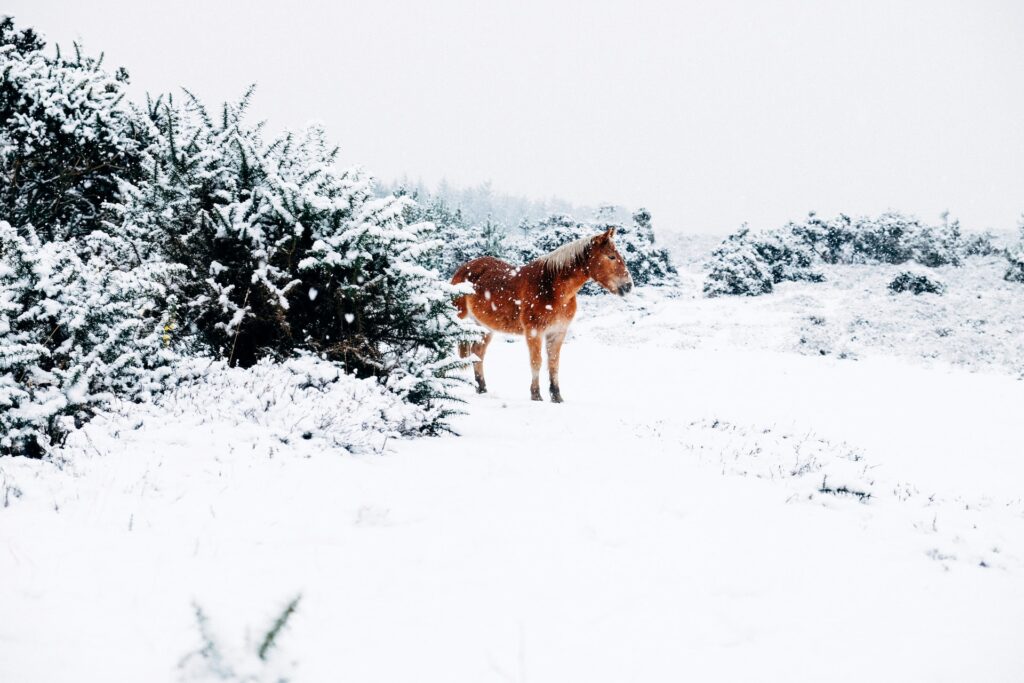
Image source: unsplash.com
A horse is an animal that requires daily care, especially in winter. In this period all organisms are susceptible to disease and stress. Therefore, it’s necessary to provide your companion with all the essentials needed in the cold season. This will help to avoid severe health issues in the future.
Horse Stable Maintainance
Horses spend most of their time in the stable so their “home” must be well-prepared. There are several basic rules that should be followed in winter when arranging a shelter for a horse:
- it should be a warm, spacious, well-groomed, and well-ventilated place;
- the bedding (straw or hay) must be changed daily;
- get rid of all unnecessary or dangerous objects (sharp corners, loose nails, pendant lamps).
Proper Care
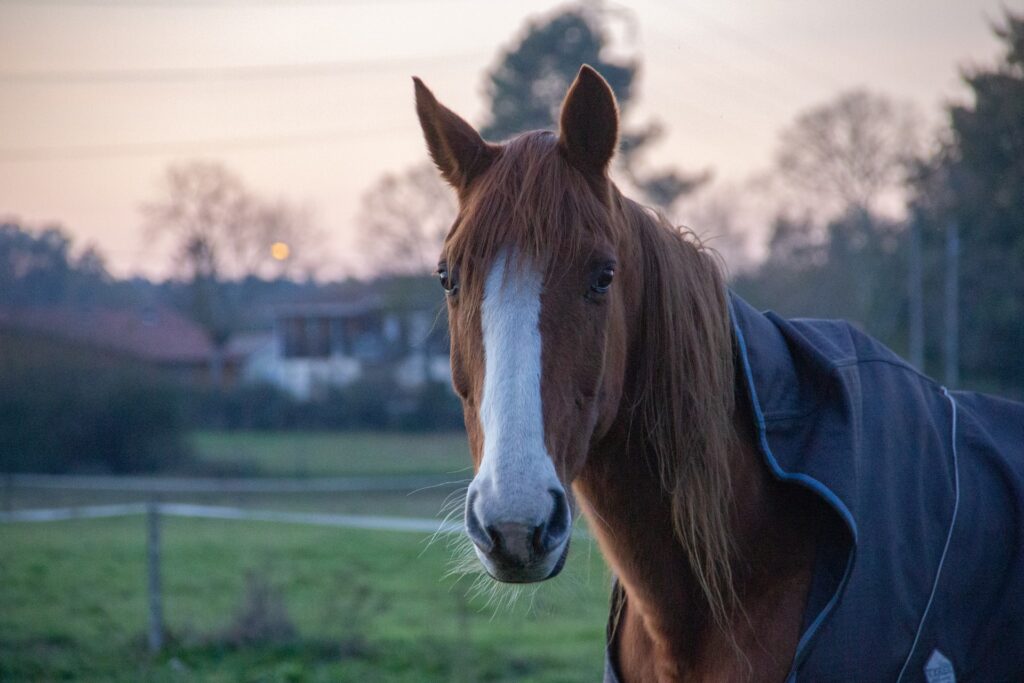
Image source: unsplash.com
You have to consider the seasonal needs of your pet. Take all the necessary measures so your companion can feel comfy in cold weather. For example, the professional equestrian David Garcia mentions in his blog Horsezz.com the importance of using blankets to warm up horses in winter.
In addition, there are other important horse care aspects including the following:
- turn out the horse for at least 6 hours per week;
- comb the coat regularly (it helps the blood to accelerate and warm the animal);
- refresh feed and water daily;
- the hay should be added every day (the more often, the better).
If it’s not possible to turn out the horse frequently, the animal needs to be entertained with your attention, toys, and treats.
Horse Feeding in Winter
A well-balanced diet and freshwater are key points toward the good health state of your companion. In winter equines require special nutrition to restore the energy spent on temperature regulation.
The Intricacies of Horse Diet
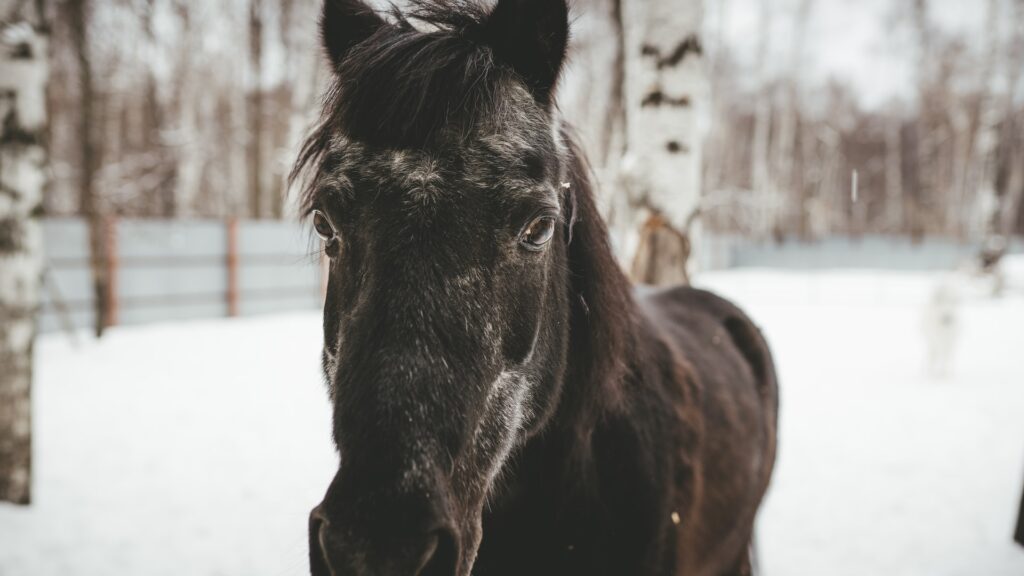
Image source: unsplash.com
The equine’s diet is different in the cold season so make sure you include these foods and supplements:
More hay. Dry grass should be in unlimited access for constant grazing. Firstly, it warms the animal. Secondly, it’s a sort of entertainment for the equine. Adding oats and straw is a big plus.
Fresh vegetables. Beets and carrots are must-have daily supplements. Wash the root vegetables well and cut them into pieces. The daily portion is 11-15 pounds.
Cereals. This type of food saturates the body with energy and warms it up.
Food supplements. In winter it’s essential to add vitamins to the horse feed such as fish oil, salt blocks.
An average horse (1000 pounds) should receive 18-22 pounds of hay, 10 pounds of dry grass, 15 pounds of vegetables, 8 pounds of grain, and vitamin supplements.
Water Supply
Water is one of the most critical aspects of the winter diet and must be provided aptly:
- water the equine at least 3 times per day (5-10 gallons);
- the water should be clean. The optimal temperature is 45-60 °F. Make sure the water source is always available
- since the animal absorbs a large amount of dry food;
- give electrolytes to drink (water with mineral additives) that restore the energy expended during hard work.
Don’t Forget about the Training
Don’t let the cold weather keep your horse indoors all the time. Horses thrive on activity and require consistent physical engagement. However, it’s crucial to equip them appropriately for the cold conditions. Ensure you choose the right gear to guarantee their safety and well-being in cold temperatures.
Prioritize their comfort by providing a proper saddle pad, which not only offers insulation but also helps distribute pressure evenly. You can also get a numnah for your horse from Lemieux to further enhance their experience. A numnah serves multiple purposes, from absorbing your horse’s sweat to cushioning the saddle and safeguarding their sensitive back.
Remember, a proactive approach to addressing the cold weather will keep your horse content, healthy, and actively enjoying the outdoors.
Winter Issues You May Face
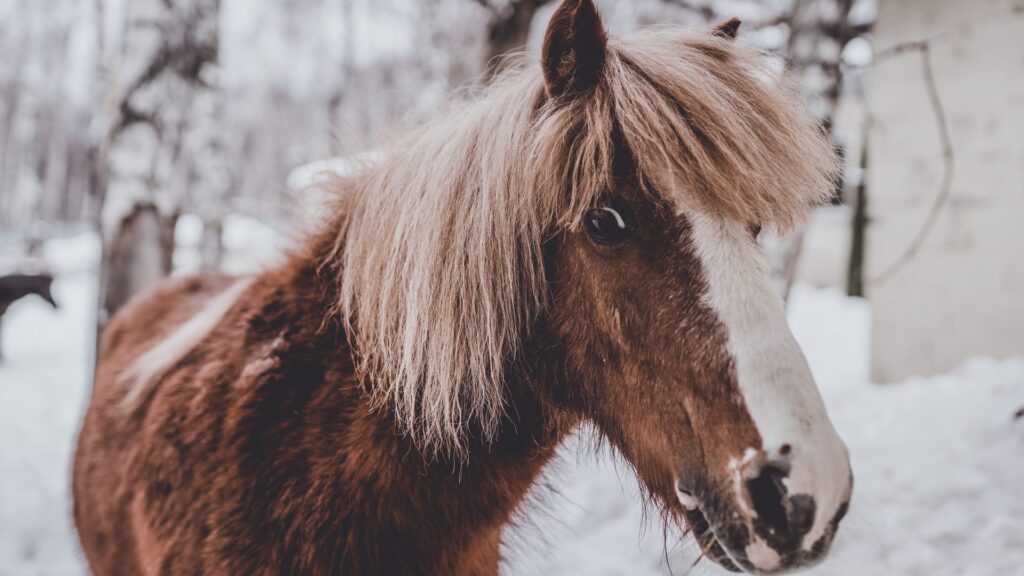
Image source: unsplash.com
Winter is a time of seasonal diseases not only for people but for animals too. Thus, it’s crucial to provide your horses with proper care.
The Winter Blues
Blues are predominantly manifested in equine behavior disorders. At a time of crisis, the animal acquires so-called bad habits:
- it begins to gnaw stalls;
- the equine starts to kick with its hooves and hits everything it can reach;
- an air bite appears (the animal swallows air and literally grunts).
This behavior is often the reason why the animal is bored and there’s little space to splash out a huge amount of energy no matter what the horse breed is.
This condition is considered to be non-dangerous but this assumption is wrong. The manifestations of winter blues could lead to dental problems, colic (from excessive gas), and injuries.
In order to avoid boredom, the equine needs to be entertained somehow. A horse is a herd animal that requires constant communication. You have to spend a lot of time with your companion. In the period of your absence, provide your pet with his favorite toys.
Getting rid of blues is much more difficult than preventing them. But if the equine is still feeling sad, this means it doesn’t have enough attention.
You can entertain your horse in the following ways:
- expand the hours of turning out;
- add more hay (in order to distract the animal while chewing);
- equip the stable with toys;
- find some peers to communicate with (horses in neighboring stalls);
- spend more time with your buddy (grooming, petting, talking).
Respiratory Disease
One of the most common problems is respiratory disease. And this also applies to horses.
The causes of such diseases are:
- dampness (molds in hay and surroundings);
- excessive dust and dirt;
- poor ventilation.
If you notice your horse begins to cough and wheeze, contact your vet immediately. In most cases, the doctor prescribes antibiotic treatment and changing the living conditions of the animal to more favorable ones (improved ventilation, clean environment). Lack of proper treatment can lead to disastrous consequences.
Colic
Unfortunately, colic is a common problem too. Such a disease happens due to a lack of fluid in the body. That contributes to the stagnation of food in the intestines.
The good news is that a vet can help to get rid of colic. However, in advanced cases, there’s a possibility of surgical intervention.
Trauma
Winter is the most traumatic time of the year as there’s a high risk of slipping. It’s time to put special winter horseshoes on the equine. They have a spiked design that greatly reduces the chance of falling down.
In the winter season, it’s not recommended to ride a horse in unfamiliar territory. The snow shouldn’t be too deep and the ice cover should be avoided.
Regular turnouts are important as stagnation can cause injury. As soon as the horse gets freedom, it may want to stretch out and the animal can easily overdo it. Constant muscle activity is the key to the equine’s health.
The Bottom Line
Winter care for animals is always a troublesome task. In this cold season, they need more heat, vitamins, and play-time. But if you follow the simple rules described above and give your companion as much attention as possible, then you’ll slay winter with your horse with flying colors.

